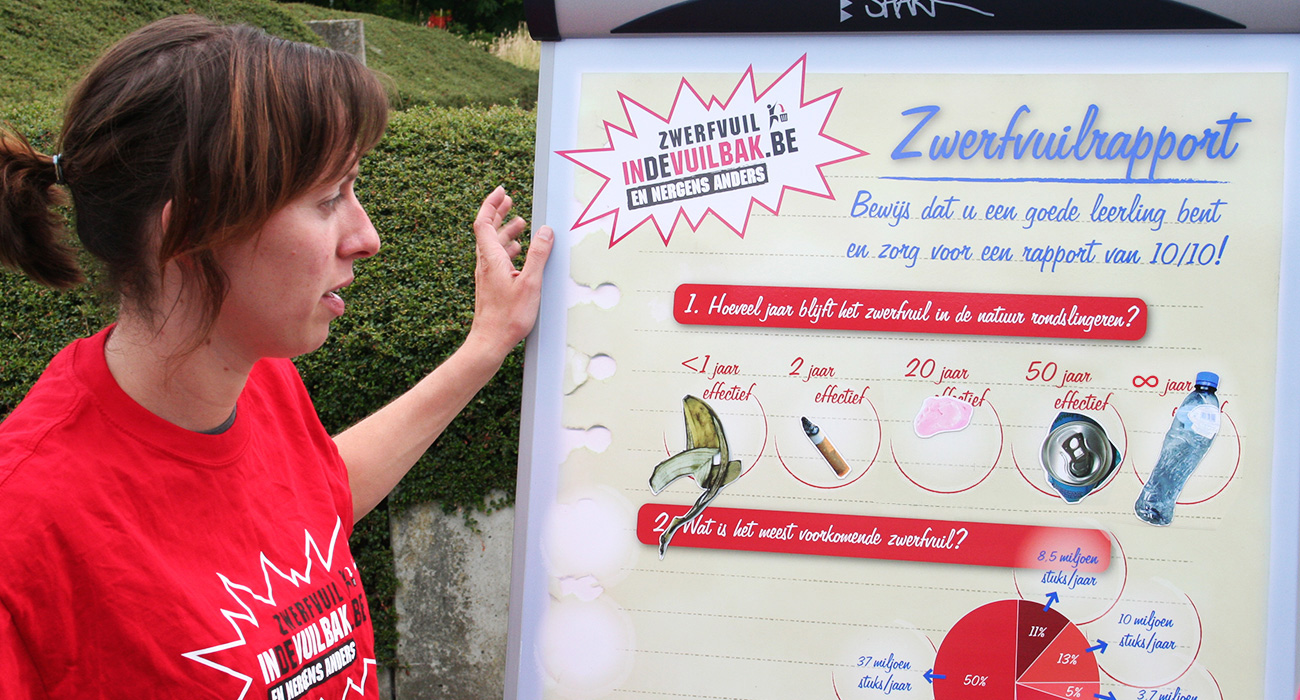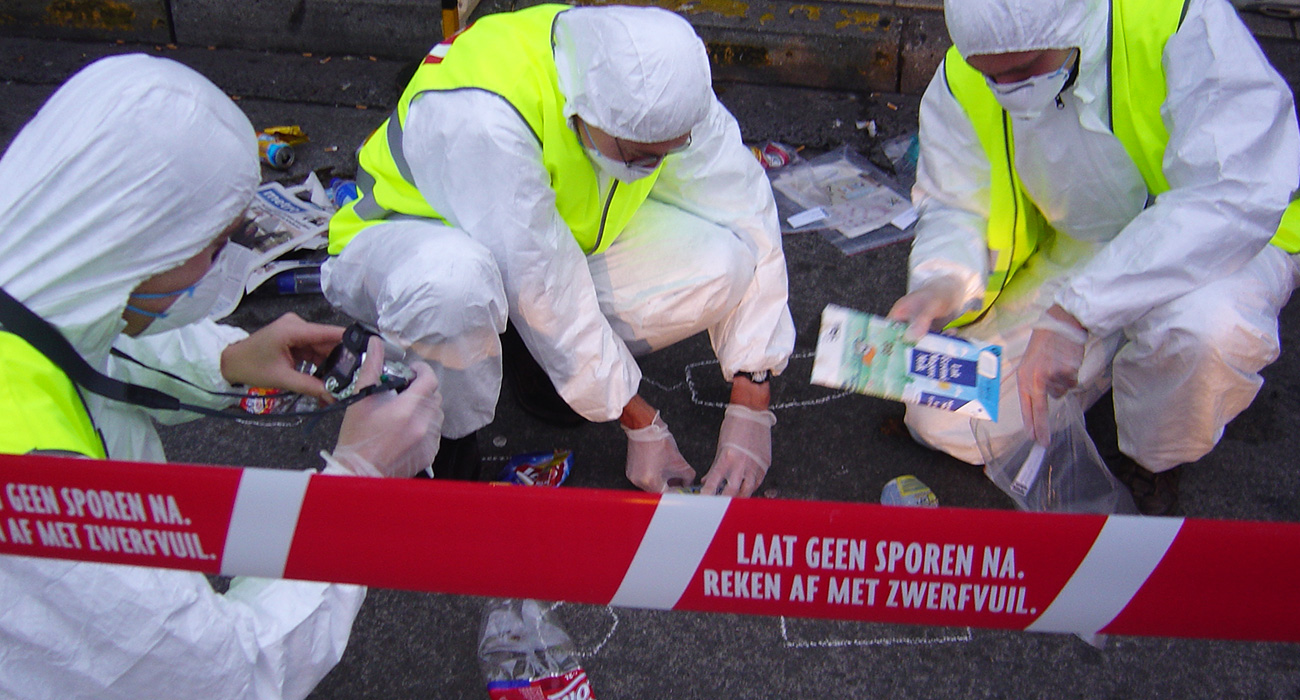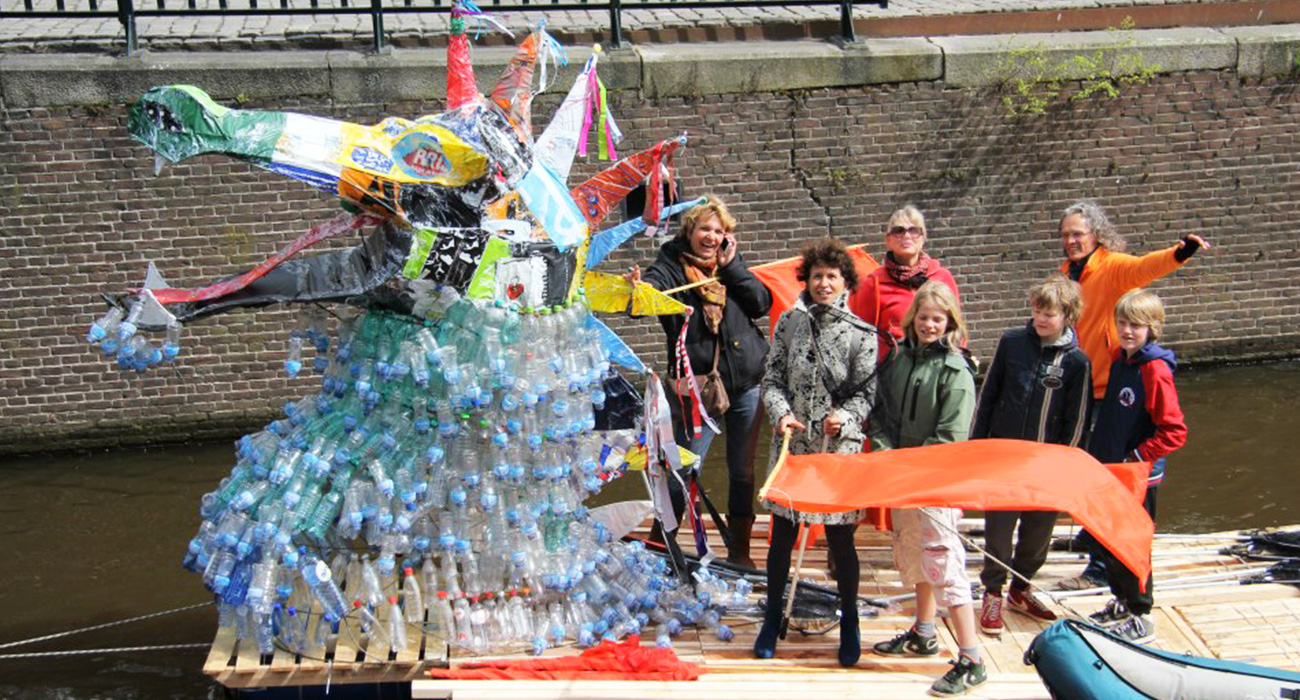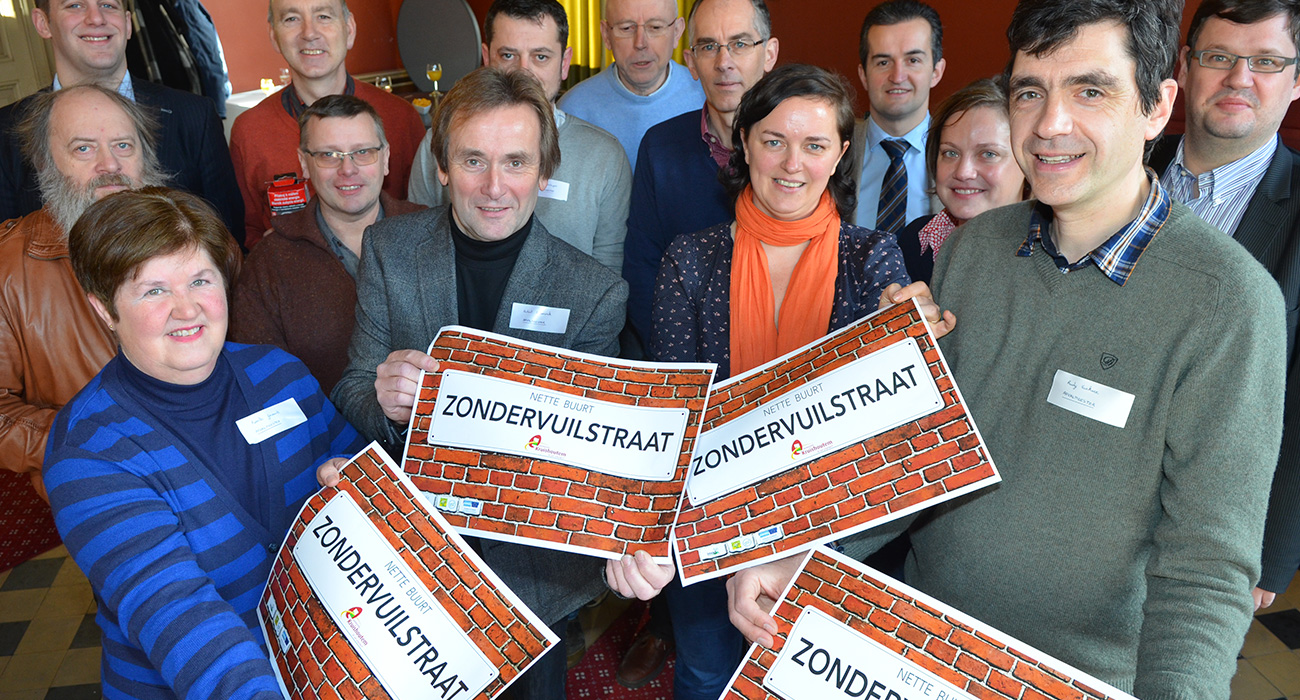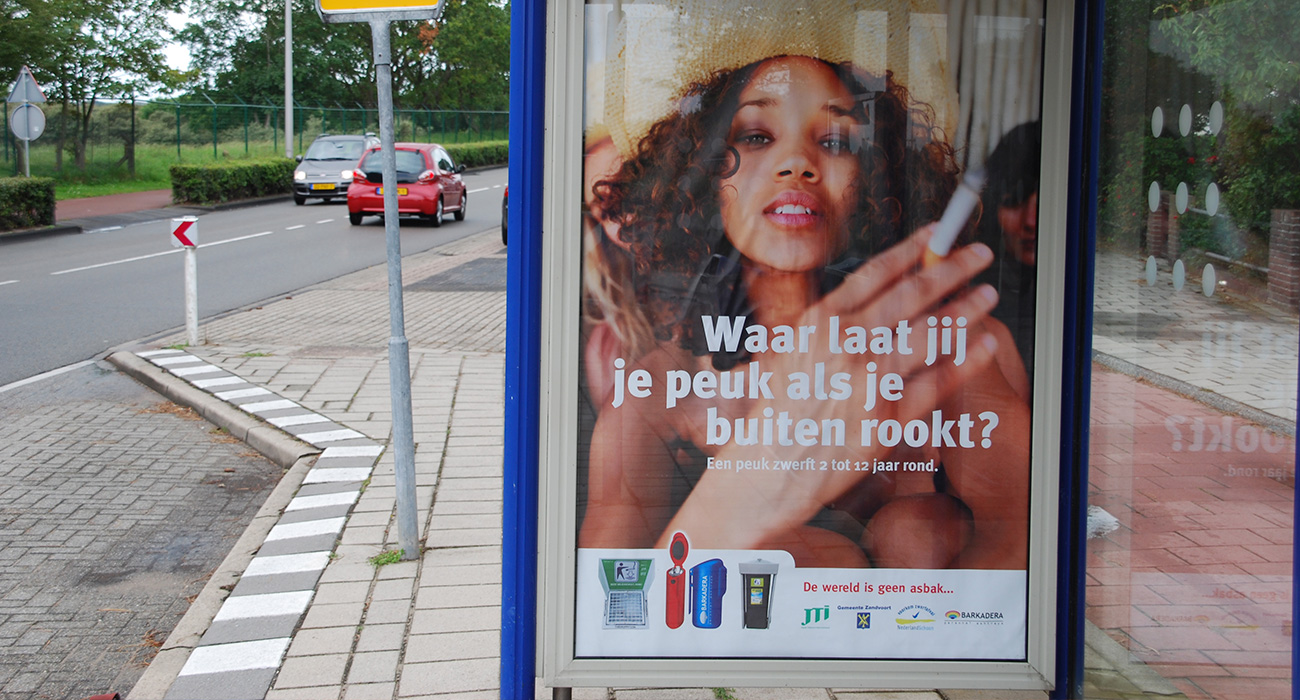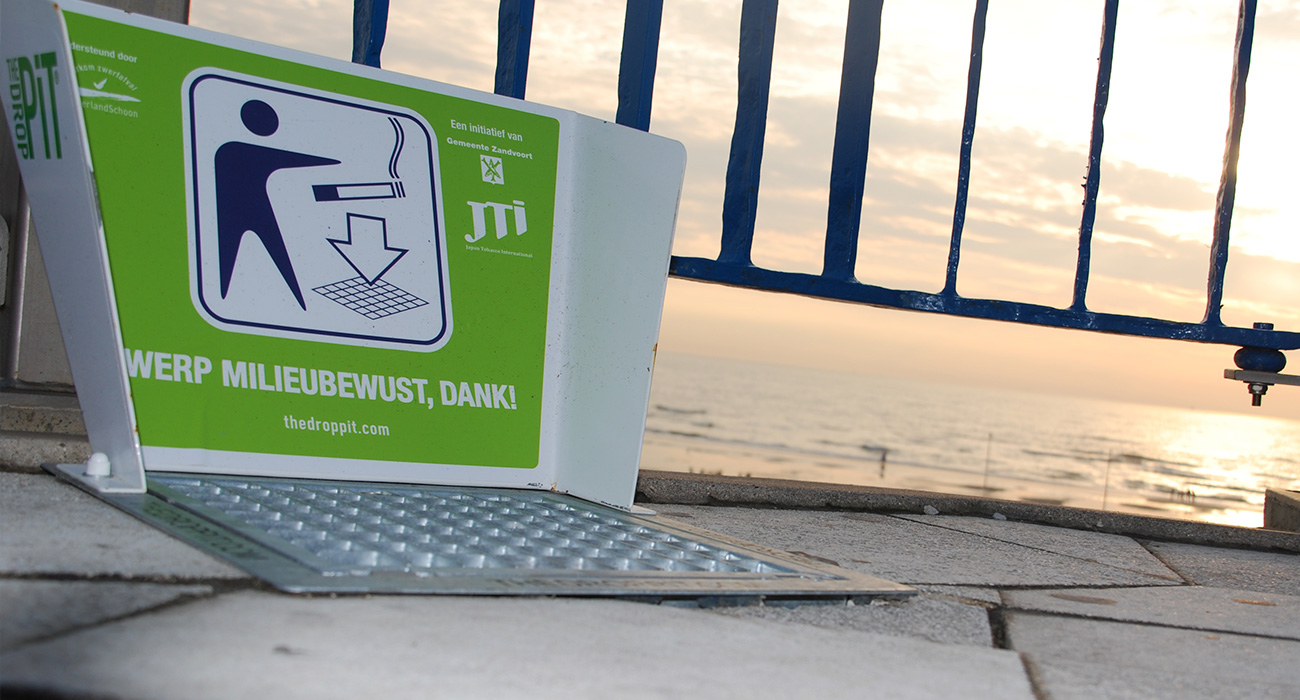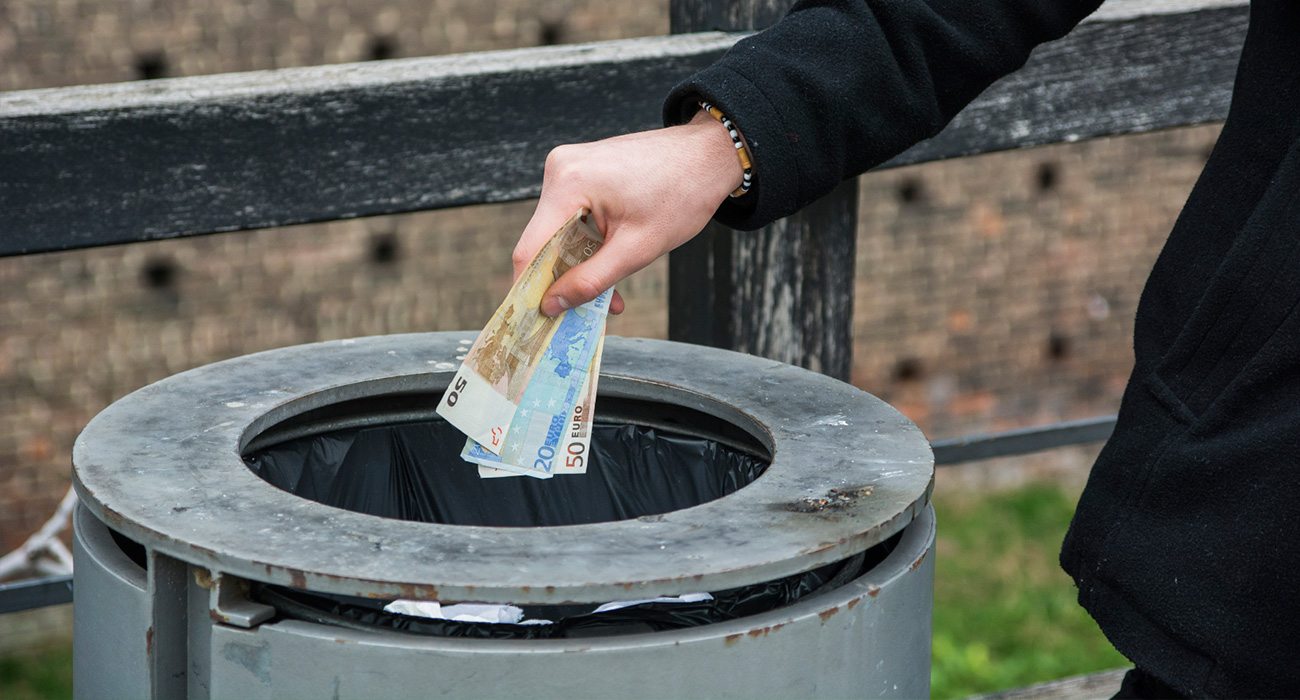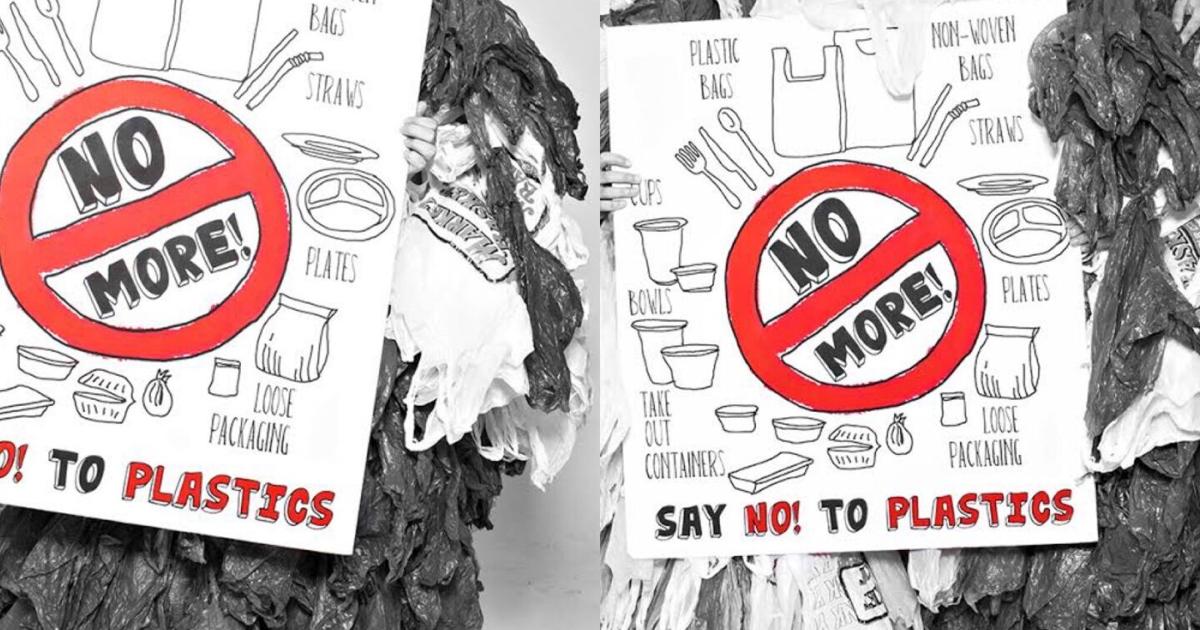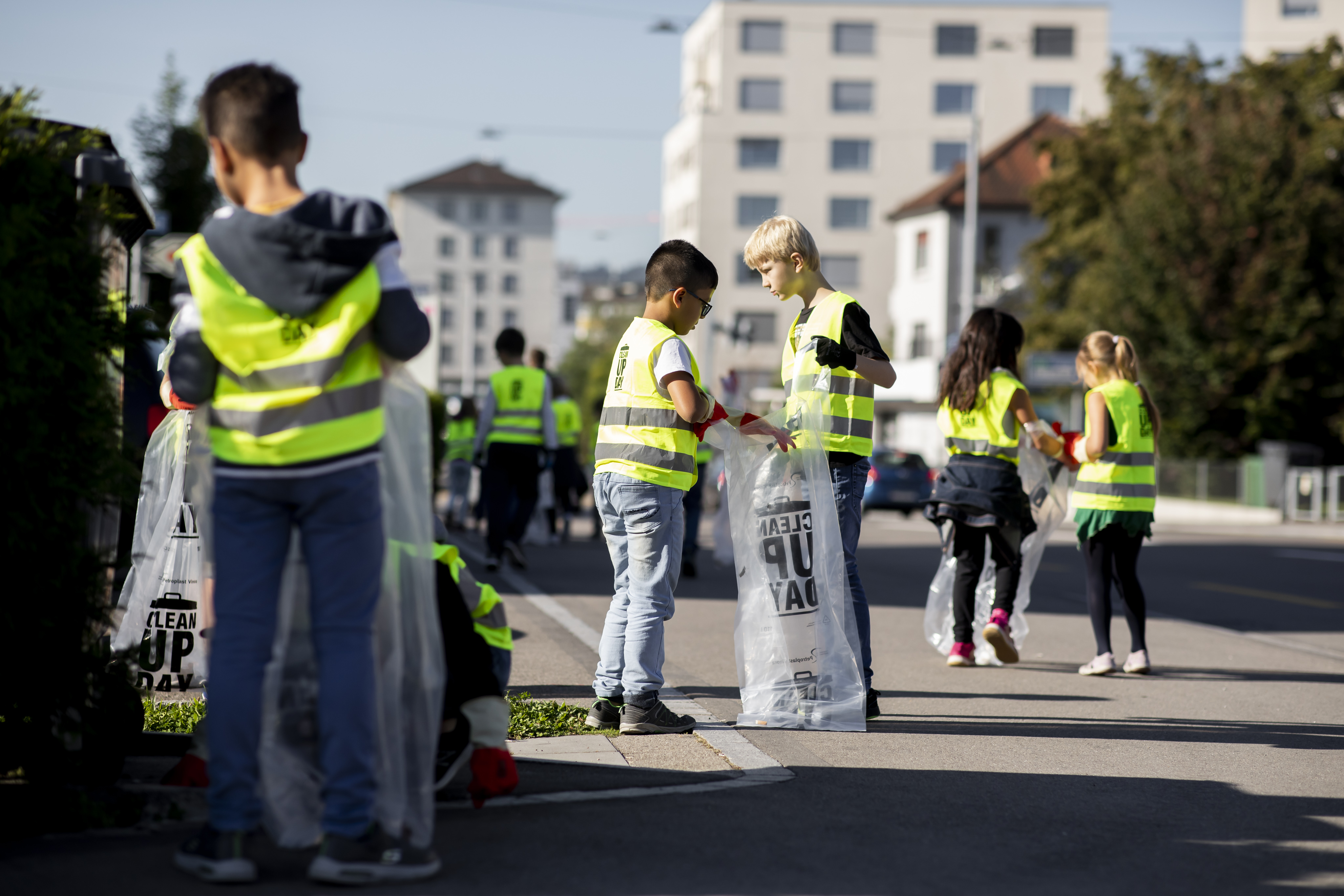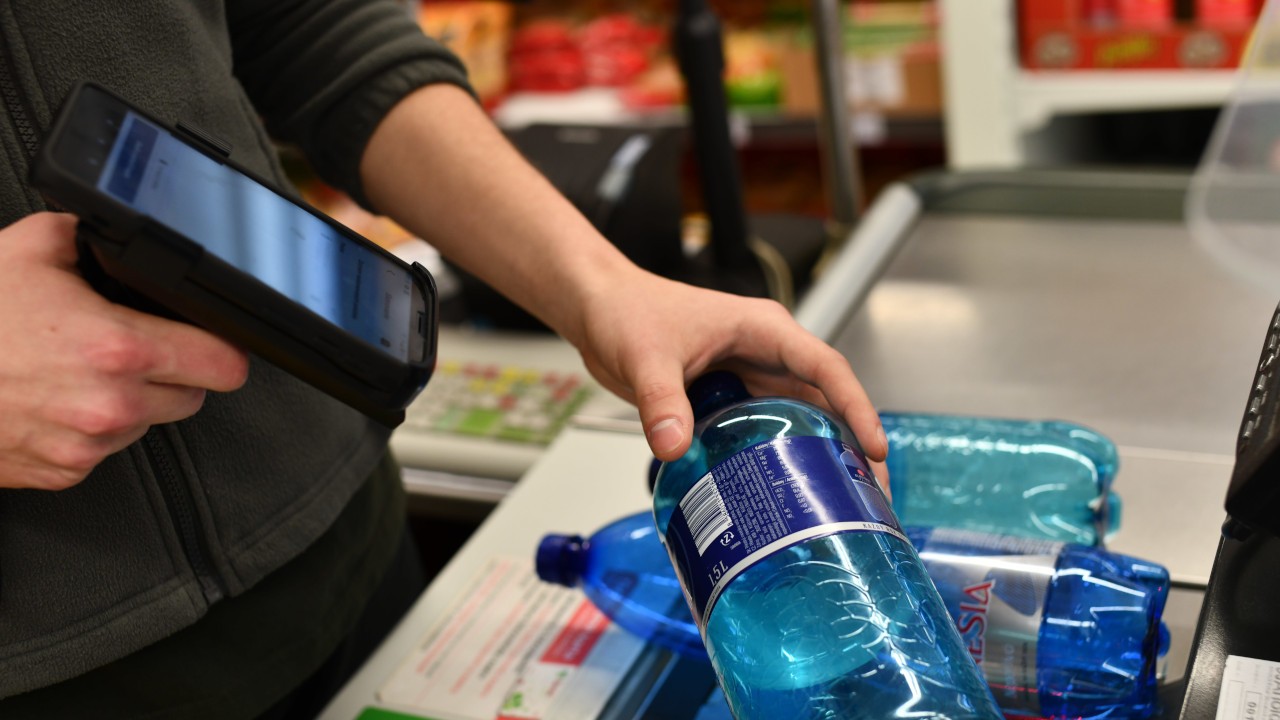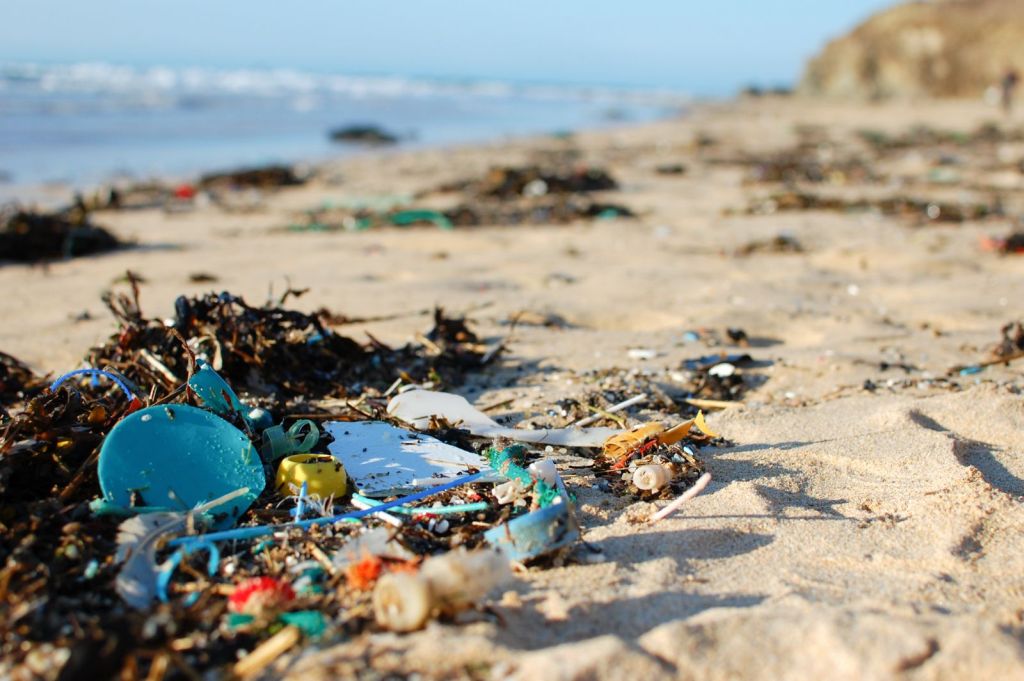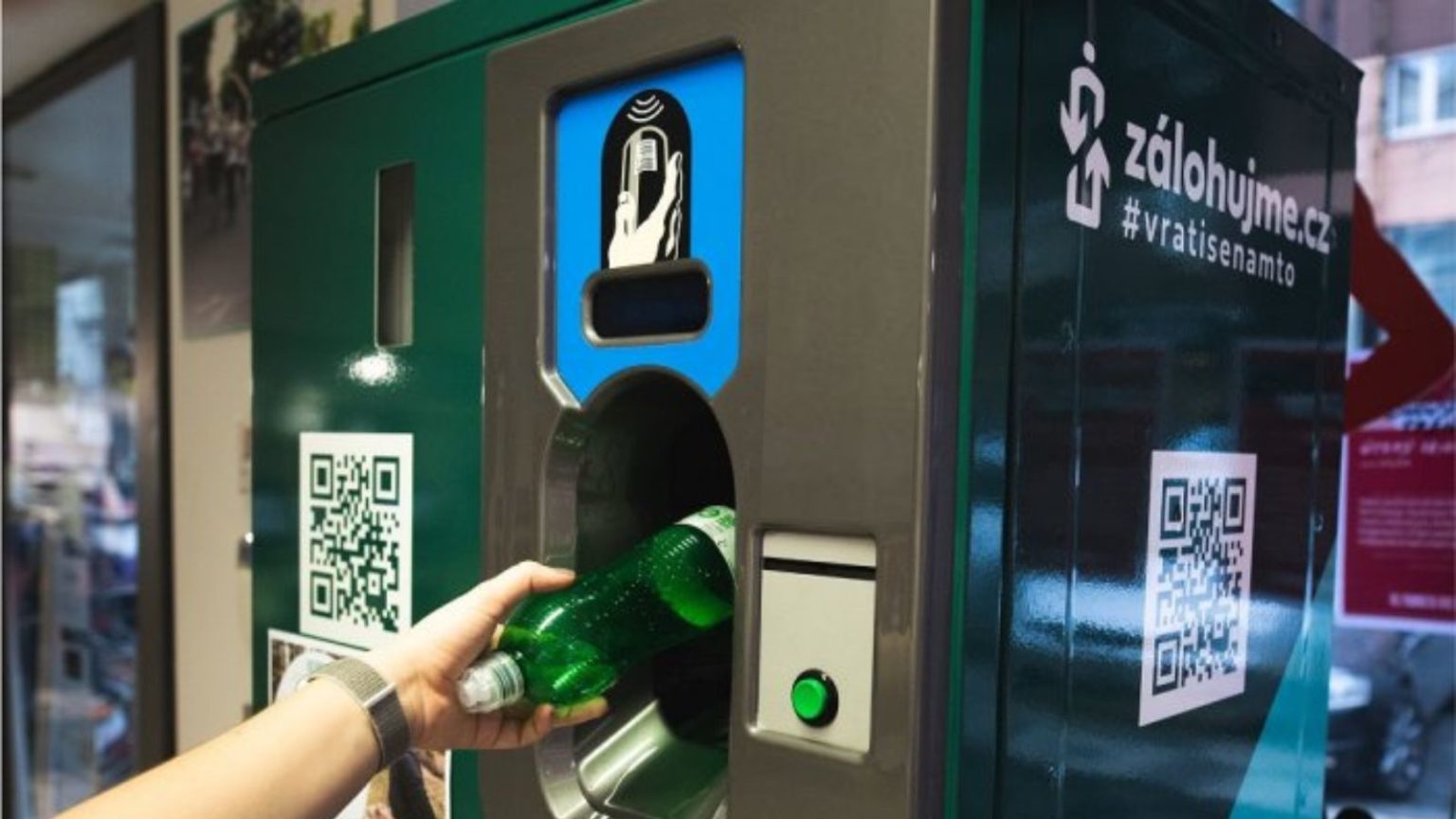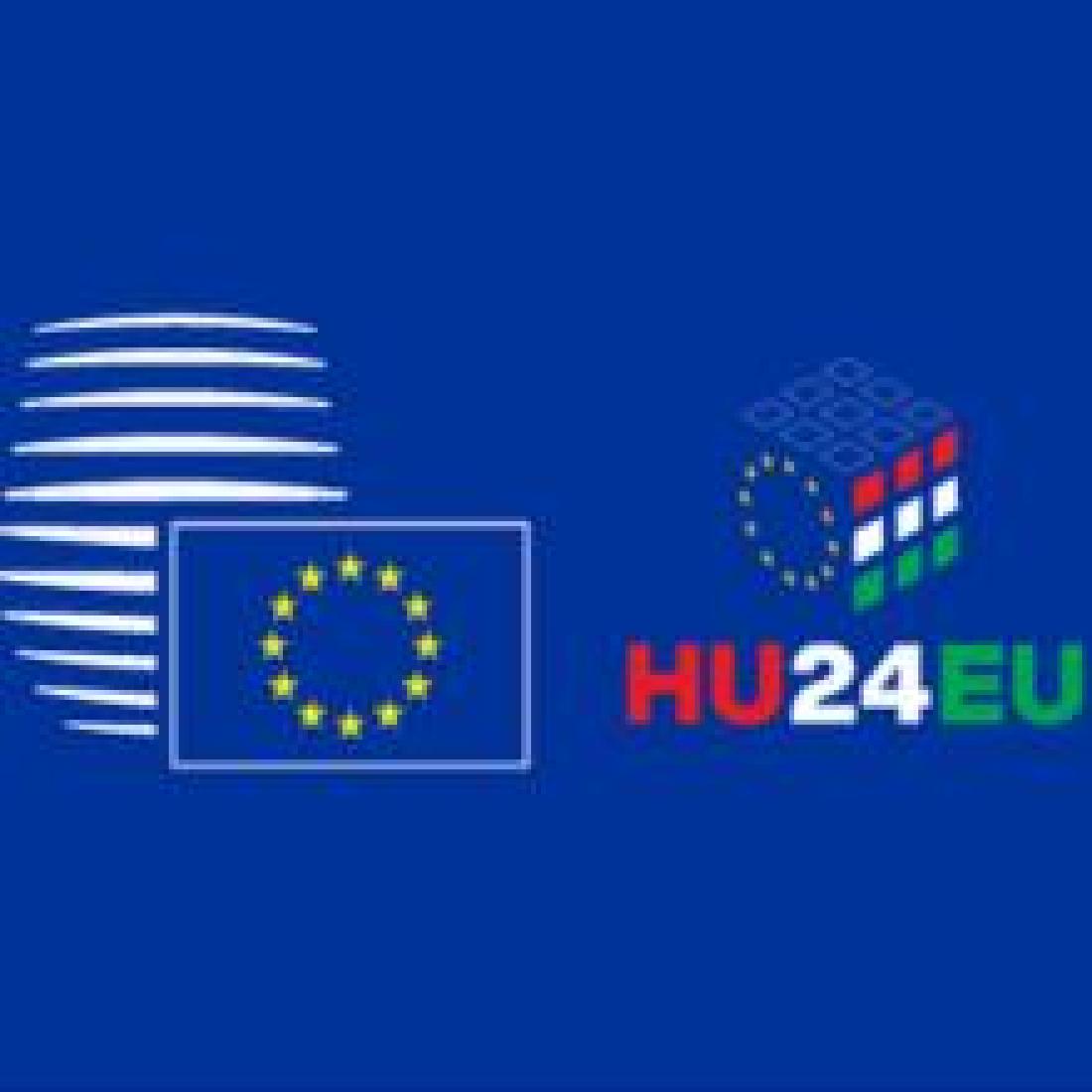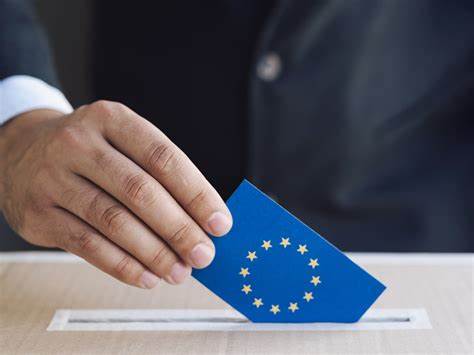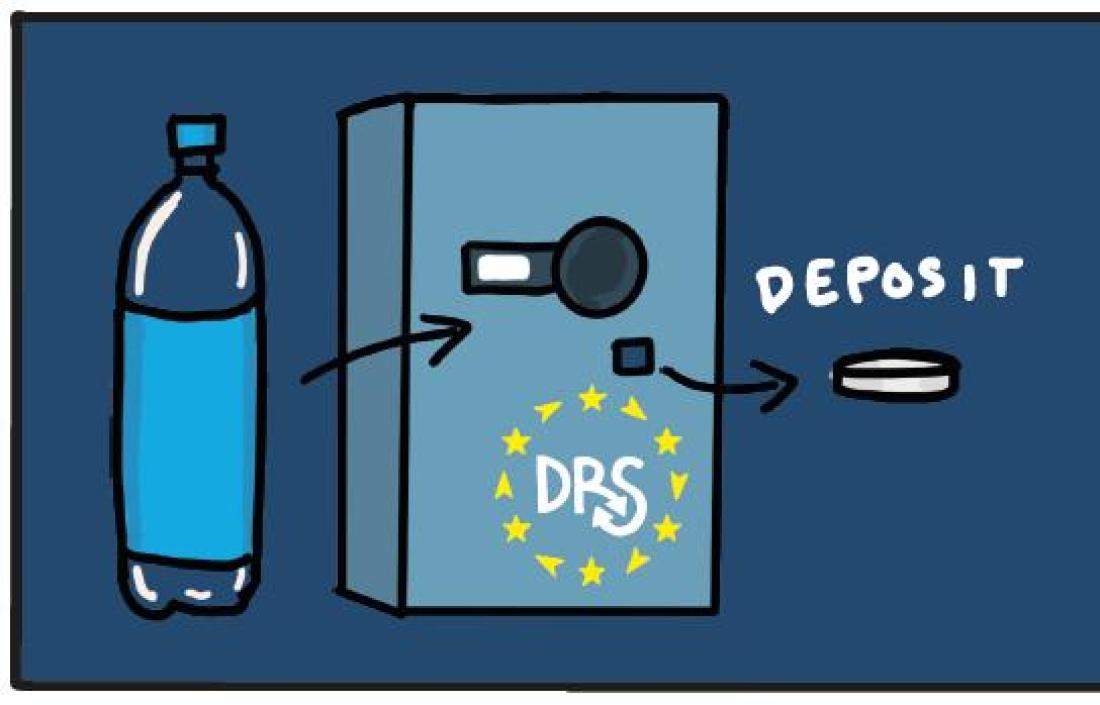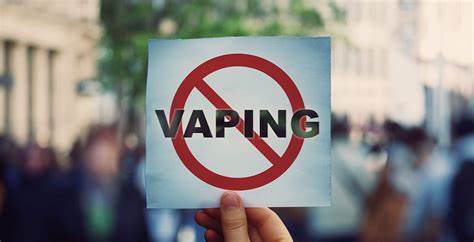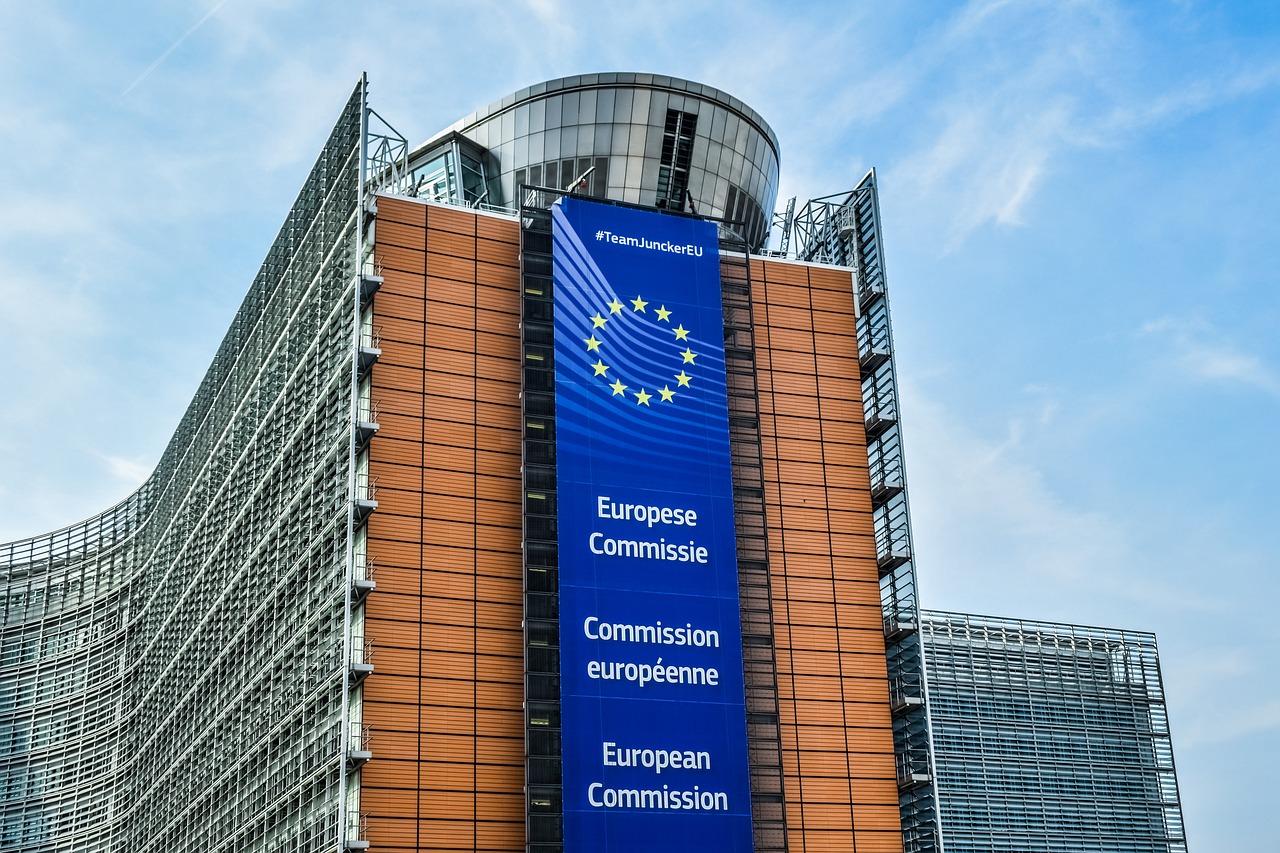
The Commission calls on all Member States to meet waste collection and recycling targets
Background
This week, the European Commission decided to initiate infringement procedures against all Member States for failing to meet waste collection and recycling targets as required under the Waste Framework Directive. An infringement procedure is a legal process the Commission can start against any Member State that fails to correctly implement an EU law. This process includes several steps and can result in fines imposed by the Court of Justice of the EU on the respective state for violating obligations derived from EU laws.
In this instance, the Commission has sent letters of formal notice to the EU27 governments, giving them two months to respond and explain how they intend to meet the targets. Under the revised Waste Framework Directive, governments are mandated to achieve a 50% target by 2020 of preparing for reuse and recycling of municipal waste, including materials such as paper, metal, plastic, and glass.
Simultaneously, under the current Packaging and Packaging Waste Directive (soon to become a Regulation), by 31 December 2008, between 55% and 80% of all packaging waste must be recycled. The established recycling goals for various materials include 60% for glass, 60% for paper and cardboard, 50% for metals, 22.5% for plastics, and 15% for wood. However, many of these targets have not been met.
If Member States do not provide a satisfactory response within two months, the Commission will issue reasoned opinions, which are formal requests for countries to comply with the respective EU law.
Key observations
Clean Europe Network has been for a long time advocating for the correct implementation of the Waste Framework Directive, particularly regarding the litter prevention provisions. We regret to see that the Commission, in this infringement procedure, does not take into account the litter aspect and the complete absence of any litter prevention strategy in the implementation efforts of Member States.
However, this is an important step forward since the EU executive seems to start focusing much more on proper implementation and enforcement of existing legislations rather than creating new unnecessary ones (which may again only be half respected). If only the current EU laws were to be fully respected and correctly implemented, many of the objectives of the Network would have been achieved by now.
Finally, this action on behalf of the Commission may force Member States to start considering investing in improved collection systems and infrastructure which could also benefit litter prevention.
The Secretariat will continue to monitor this issue and will keep you updated on any new developments.



